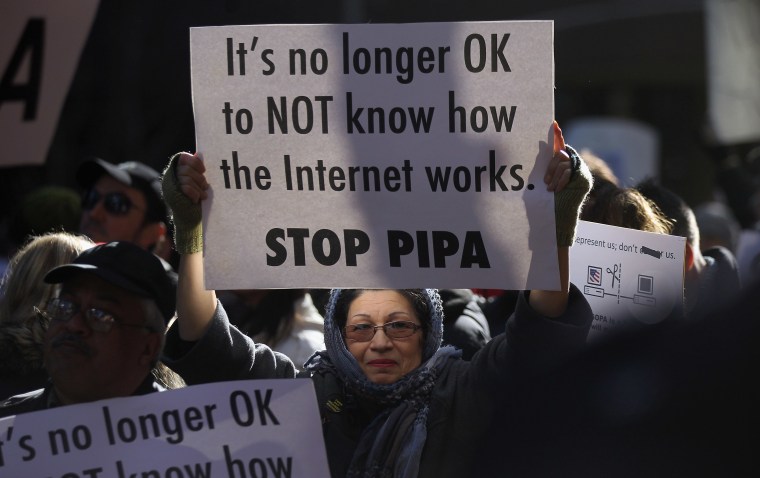Before his January suicide, Aaron Swartz was a leader in the fight against the Stop Online Piracy Act, or SOPA. The groups with which Swartz worked–Demand Progress, the Electronic Frontier Foundation, and many others-continue to fight for information transparency and reforms to the laws currently used to prosecute individuals for alleged crimes committed online.
Swartz’ death shifted debate from piracy and regulation to the Computer Fraud and Abuse Act and the government’s attitude towards what it deems cybercrime, and hackers continue to be arrested and prosecuted. On March 26, the Justice Department announced that it had arrested a Wisconsin man for his alleged involvement in a Dedicated Denial of Service attack on two websites owned by Koch Industries. This arrest comes only a week after another hacker, Andrew Auernheimer, was sentenced to more than three years in prison for exposing a security hole in AT&T’s iPad user database.
Cases like these and actions like those of Operation KnightSec, the group of hackers who leaked information about the Steubenville rape investigation are sure to become more common, which means that over the issues SOPA raised will surface again. On Jan. 15th, 2012, Chris Hayes hosted a long, and sometimes heated, discussion about SOPA, which you can see again on this Saturday’s Up w/ Chris Hayes.
